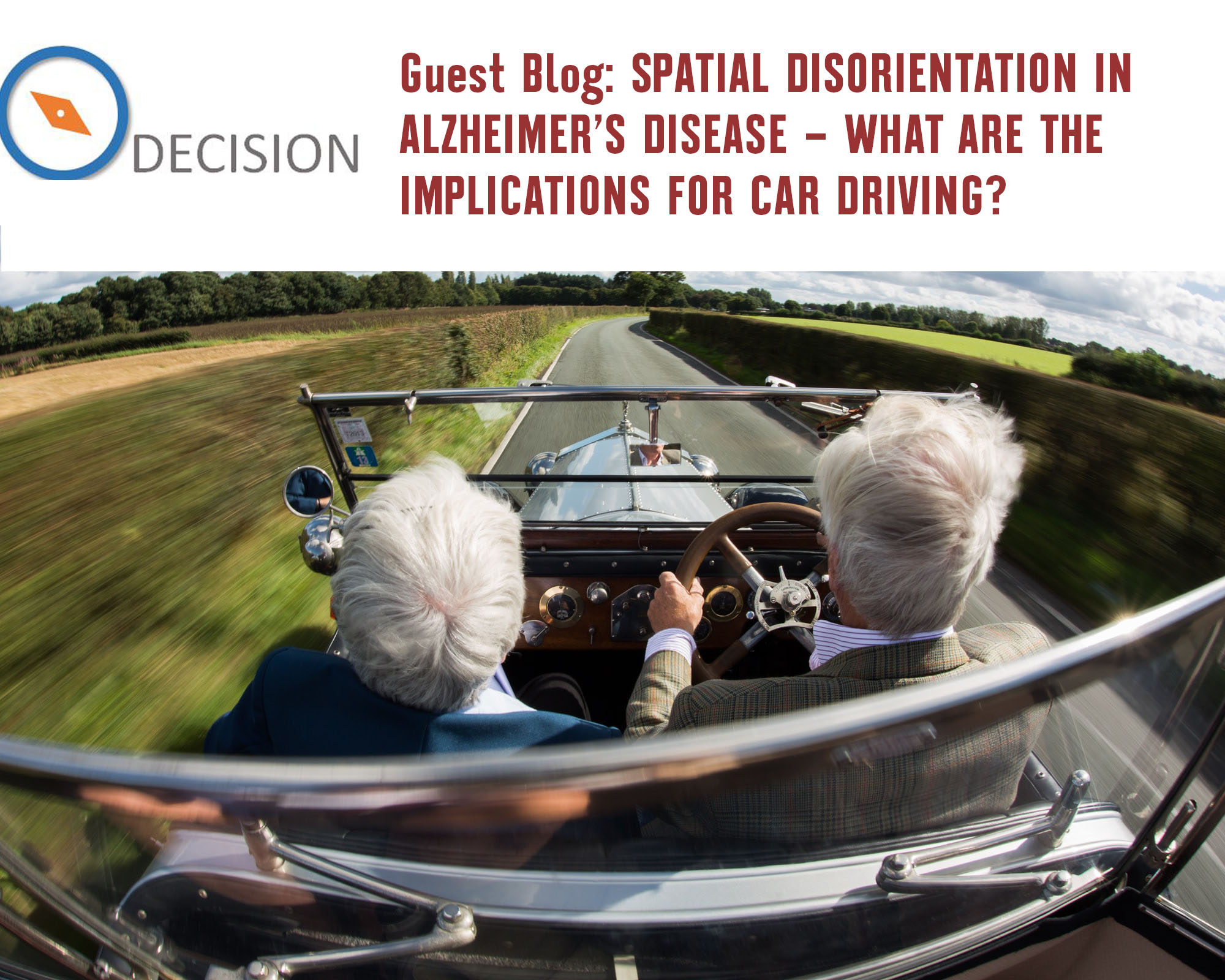
Prof. Michael Hornberger

Dr. Mary Fisher-Morris

Dr. Stephen Jeffs

Driver Effect of Cognitive Impairment and Spatial Orientation and Navigation (DECISION for short) is a research study funded by the UK Department for Transport.
The study investigates how everyday car driving can change in older drivers.
Maintaining independence is an important aspect of healthy aging. Retaining the ability to drive safely is often reported as key to maintaining independence. As we age, our thinking and decision-making ability changes. Some of these changes may help us drive more safely, but other changes may increase our risk of being involved in a driving incident.
The DECISION Study seeks to identify which age-related changes in thinking ability predict safe versus unsafe driving. We will use this information to develop new assessments that can help older people drive safely and independently as they age.
We use a combination of established questionnaires and psychology tasks, combined with innovative new assessments, to create driver-specific profiles. We then analyse how different profiles predict different driving styles.
All of this can be done online, so you can take part in the study from anywhere in the world, and it should take you no longer than 90 minutes to complete.
The study is currently paused while we analyse the existing data.
Thank you to our 1000+ participants who contributed to this phase of the study. We are grateful for your time, and will send a summary of the study results in due course.
Leading on from our DECISION study, the Symptom and Environmental effects in Neurodegenerative diSease On Real-world driving (SENSOR) study, investigates how the way in which we drive is influenced by the changes in the brain that take place in both healthy ageing and neurodegenerative disease.
There is a limited understanding as to how and when cognitive changes in Mild Cognitive Impairment and early Dementia influence driving behaviour. The SENSOR study therefore aims to explain how cognitive changes in ageing and early dementia influence driving behaviour.
We measure real-world driving behaviour using GPS location devices and relate this to cognitive markers and biomarkers associated with early dementia using state-of-the-art neuropsychological assessments and MRI brain scans. We also explore how genes known to be associated with cognitive decline may interact with driving behaviour using DNA samples.
Recruitment for the SENSOR study will begin in February 2023, aiming to recruit 100 participants aged at least 65, both healthy or with a diagnosis of either mild cognitive impairment (MCI), vascular cognitive impairment (VCI), or any form of clinical dementia.
Participants will need to hold a valid UK driving licence and currently be driving at least once per week.






CONTACT US
If you have any questions or comments about the study, including any technical issues while completing the study, please email us via decision.study@uea.ac.uk
Photos on this website come from Unsplash